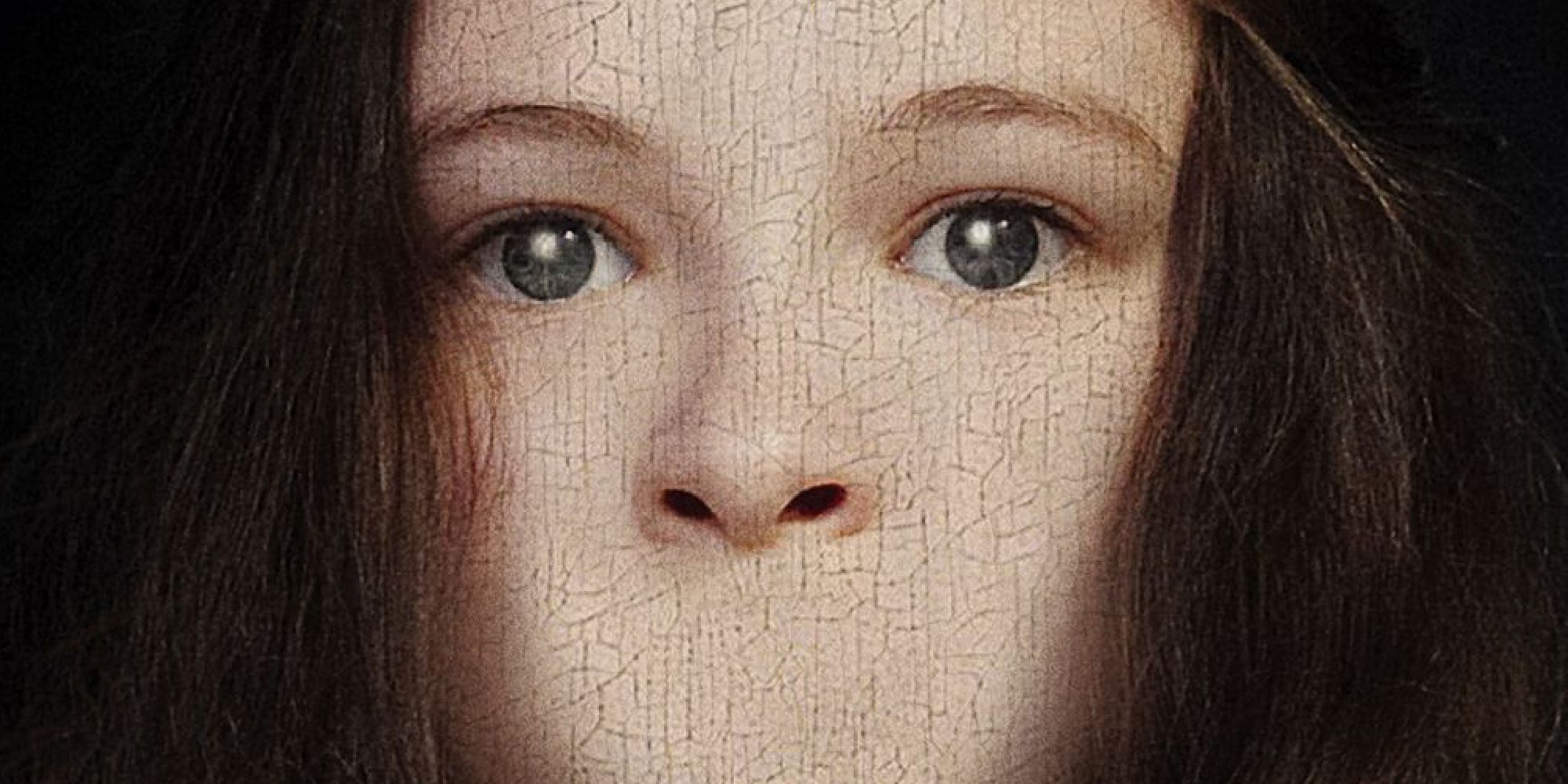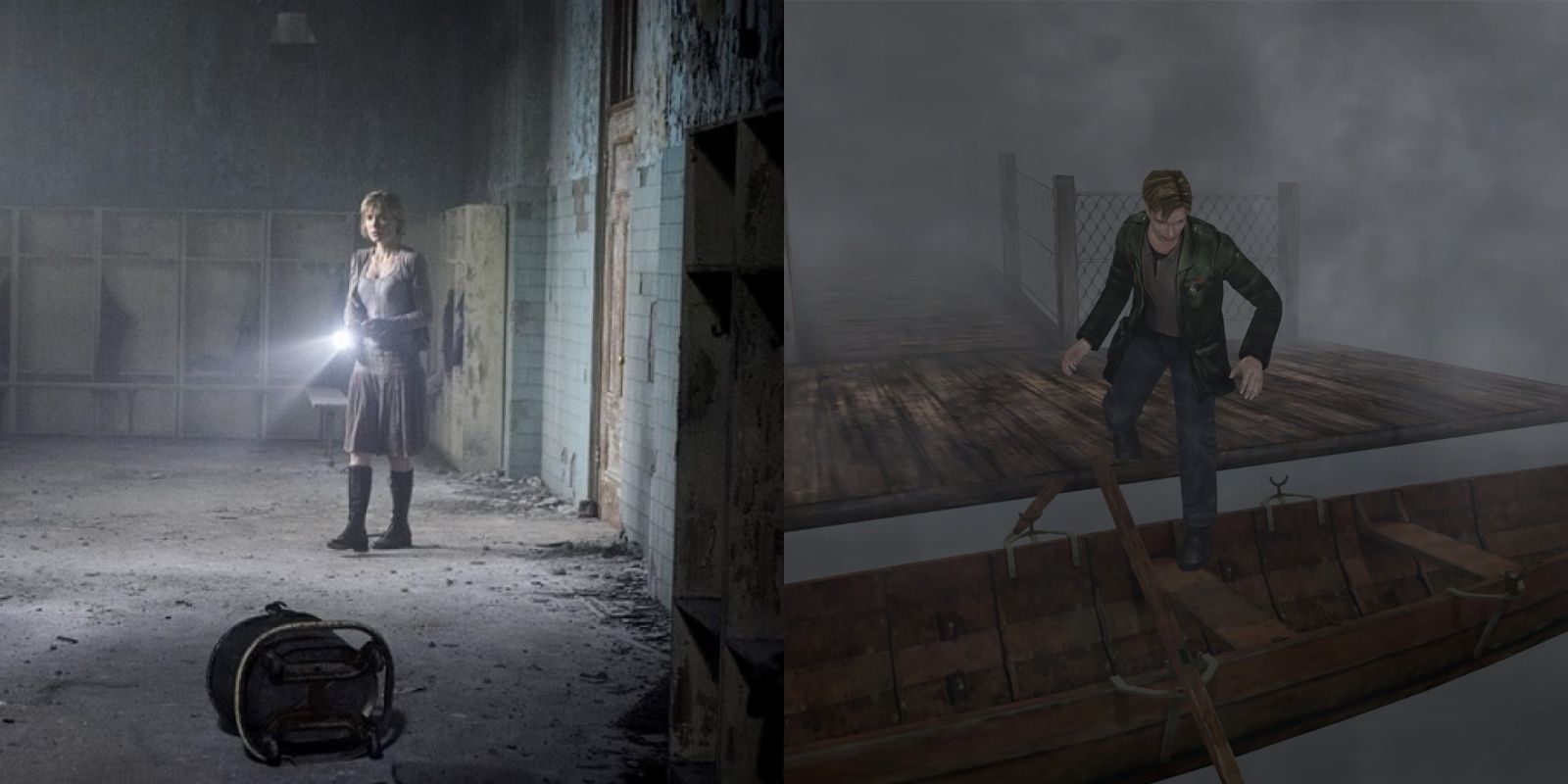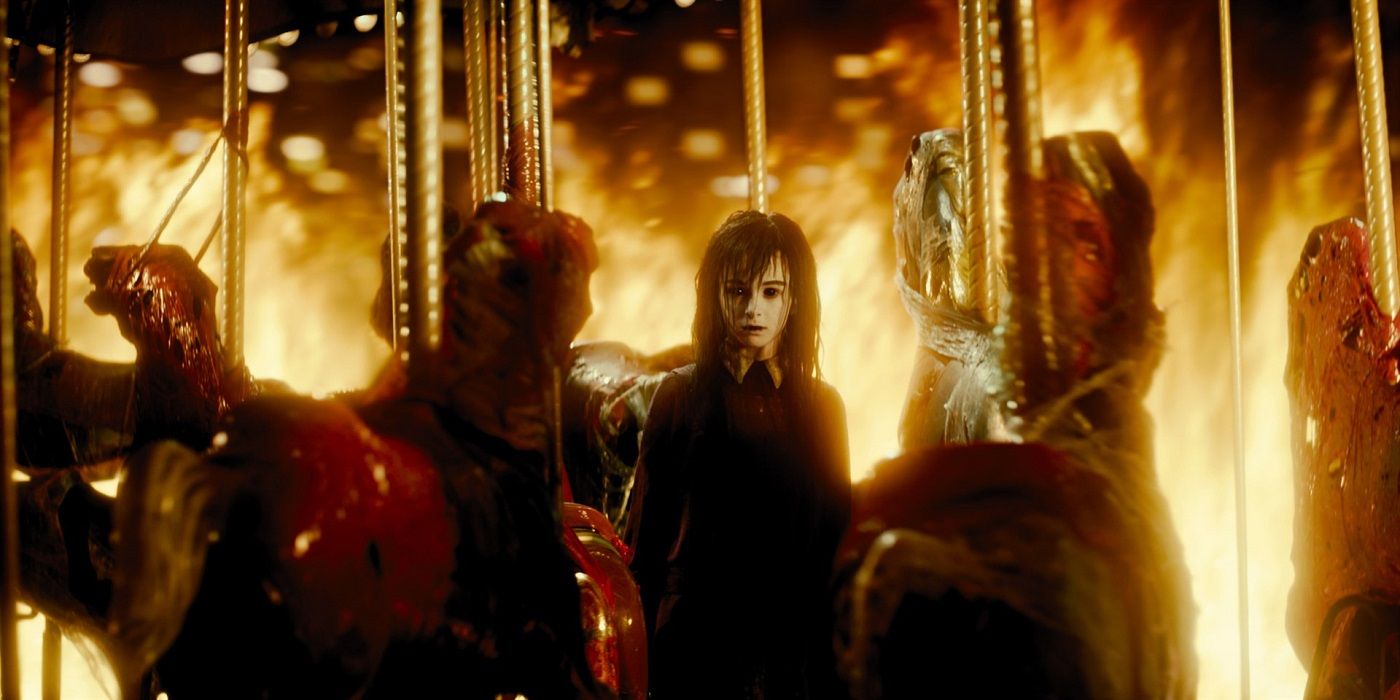
Movies based on video games are more popular than ever but still have an unfortunately low hit rate, with a few being hailed as successful. There seems to be a vicious cycle where a video game adaptation is announced, fans become excited and full of expectations, only to be let down by incoherent plots or butcherings of their favorite characters. Many titles come to mind at the words “bad adaptation,” but a series of movies may have flown under many fans’ radars: Silent Hill.
The iconic survival horror game series has been hailed as one of the best ever made thanks to its cerebral themes and memorable design. With only two movies under its belt — Silent Hill and Silent Hill: Revelation — the adaptations have still garnered a fair share of criticism. But with new reports of Bloober Team working with Konami on a new Silent Hill game, a revival of the classic series may be upon us, and with it, a possibility of more movies. It might be the best time to revisit the adaptations, figure out what went wrong, and what could be done moving forward.
RELATED: Multiple Silent Hill Games in Development is Either a Very Good Thing or a Very Bad Thing
The first adaptation, Silent Hill, was released in 2006 and directed by Christophe Gans, a self-professed fan of the series. In the place of “everyman” character Harry Mason, leading the movie are Rose and Christopher Da Silva (played by Radha Mitchell and Sean Bean, respectively), a couple desperate to understand why their daughter Sharon (Jodelle Ferland) is plagued by nightmares of a town called Silent Hill. Against her husband’s wishes, Rose takes Sharon to Silent Hill to find answers.

While the narrative is different from the first Silent Hill game, the movie captures the haunting visuals and aesthetic of the game. It does an impressive job of establishing shifts in reality — an essential feature of the game — with cinematography and color. The movie places a deeper emphasis on religion than the original game, exploring themes such as purity and witchhunts. The infamous cult of The Order still remains but is depicted in a grounded way.
That doesn’t mean it doesn’t have its fair share of flaws, though. It suffers from a bloated runtime and unnecessary plotline of Christopher searching for his daughter and wife. It may not be a perfect adaptation, but Silent Hill tells a story in the vein of its source material while nailing down the feel of the original game.
The second adaptation, Silent Hill: Revelation, doesn’t just take the movies in a new direction, it takes the work of the previous movie and dives off the deep end. Silent Hill: Revelation focuses on a now 17-year-old Sharon Da Silva, now going by Heather Mason (Adelaide Clemens), who must find out the truth about her past in Silent Hill. Released in 2012 and directed by M. J. Bassett, Revelation attempts to weave the previous movie’s plot together with the story of Silent Hill 3, a fan-favorite installment in the series.

The result is a messy fright fest that forgets plot pieces laid out in the first movie while shoving endless new exposition in viewers’ faces. While the first movie created most of its tension from its environment, Revelation relies on jump scares to keep audiences engaged. Revelation was also released during the heyday of 3D in movies, but instead of the technology enhancing the experience, its use pulls viewers out of what they’re watching.
So how can Silent Hill’s potential movie adaptations recover from the series’ messy past? A clear narrative vision may be the answer. Whether that means following the plot of the original games faithfully or using the terrifying universe as a springboard, consistency between movies is key. Another important aspect is for those involved in development and production to understand Silent HIll’s genre. What makes the game series so unique is its aspect of psychological horror. Silent Hill is nothing without its introspective narratives focused on trauma and grief, exploring deep human conditions. Potential movies should recognize and use these roots of the series when possible, instead of jumping to cheap scares or gore like in Silent Hill: Revelation.
With a series as expansive and lore-filled as Silent Hill, the content available for adaptation seems endless, something that could be daunting to hopeful writers and directors. It would be exciting to see a Silent Hill story led by a female protagonist like in previous movies, or perhaps even a movie set at the beginnings of the town’s existence, maybe even following events from Silent Hill: Origins. Regardless of what direction they may go, it’s vital for any possible Silent Hill adaptations to first learn from the movies that came before.
MORE: 10 Games That Defined The Survival Horror Genre & Where You Can Play Them

